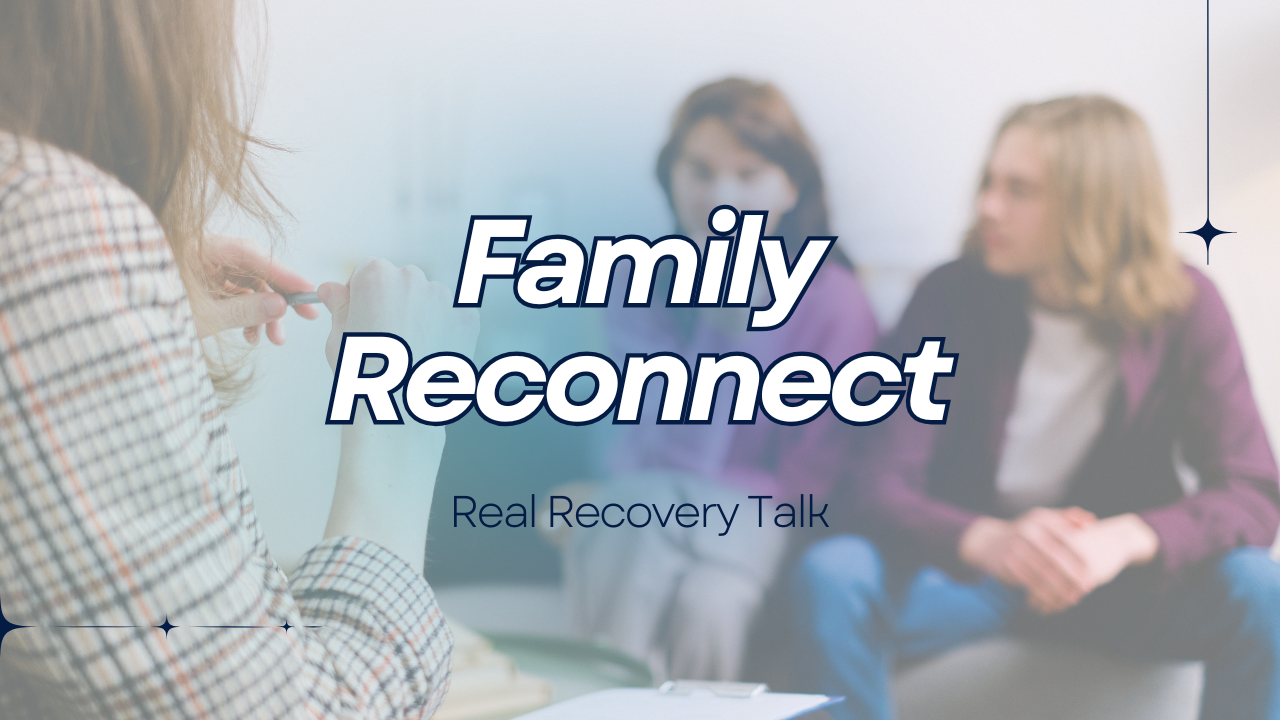
Blog 005 : Parents of Addicted Loved Ones: How You Can Help
Jul 24, 2024Addiction is a pervasive issue that affects not only the individual struggling with substance abuse but also their entire family. Parents of addicted loved ones often experience an emotional roller coaster with extreme highs and lows.
It’s a journey filled with guilt, fear, anger, and sadness. Understanding addiction and its impact on the family is crucial in navigating this challenging path.
Our blog post aims to give parents practical advice and strategies for supporting their loved ones through recovery. Keep reading to start moving forward with hope and resilience.
Understanding Addiction
The first step to grappling with the challenges of supporting a loved one is taking the time to understand addiction. The condition can manifest in various forms, including substance abuse and behavioral addictions.
Each type of addiction carries its own set of causes and risk factors. Often, it includes genetic predispositions, environmental influences, and psychological conditions.
Recognizing the signs and symptoms of addiction is essential for addressing the issues effectively. Some signs you can look for include drastic changes in behavior, mood swings, or neglect of responsibilities.
In a family, addiction reverberates and alters the dynamics of relationships. To reach the steps of recovery, the individual and family must work together.
The Emotional Impact on Parents
For parents of addicted loved ones, the emotional impact of watching a family member struggle with addiction can be overwhelming. The journey often involves a roller coaster of intense feelings. You may find yourself feeling:
- Guilty over perceived failures
- Fearful for their safety
- Angry about the situation
- Deep sadness over the loss of what could have been
Acknowledging and addressing these emotions is crucial for maintaining one’s well-being. It’s vital for parents to recognize that these feelings are a natural part of the process and to seek support.
This can be through counseling, support groups, or self-care practices. Prioritizing self-care can help you manage your emotional strain and maintain the strength to support your loved one through their recovery journey.
Are you in the early stages of addiction recovery with your loved one? For more guidance, listen to this episode: Navigating Early Sobriety: A Guide for Parents and Loved Ones.
Effective Communication Strategies
Conversations about addiction are sensitive topics, and it’s ideal to approach them as carefully as possible. Try approaching the discussions with empathy and understanding while avoiding blame and judgment.
Listening without judgment allows your loved one to feel heard and validated, which can foster trust and openness. When expressing concerns, focus on your feelings and observations rather than accusing or criticizing.
Setting clear and healthy boundaries is also essential. It helps maintain your well-being while providing a structured environment for your loved one. Constructive communication can strengthen your relationship and create a supportive space for addressing addiction and its challenges.
Creating a Supportive Environment
To create a supportive environment, the family must foster a positive and structured atmosphere that promotes recovery and well-being. Encourage healthy habits and routines, such as regular exercise, balanced nutrition, and consistent sleep. These activities promote optimal physical and mental health during the recovery process.
Family therapy is a crucial part of the recovery process, but it's not the only support available. Support groups offer a safe space to share experiences and receive encouragement.
This can help your family feel understood and less alone in their journey. Start building a supportive network and model healthy behaviors to provide additional help and guidance for your loved one.
Coping with Relapse
Coping with relapse is a challenging aspect of dealing with addiction and the family. It often brings renewed feelings of frustration and despair.
Remember that relapse is a common part of the recovery journey and does not signify failure but rather an opportunity for growth and learning. When a loved one experiences a relapse, responding with compassion and understanding is crucial.
Judgemental reactions can undermine their progress and strain relationships. Seek professional guidance to reinforce engagement in treatment and ensure your support does not inadvertently enable addiction.
Parents of Addicted loved ones: Explore Our Family Program for More Help
Navigating the challenges of addiction within the family is a journey that shouldn’t be taken alone. At Real Recovery Talk, we understand the impacts of addiction and its unique struggles on the family.
Our Family Reconnect Program provides resources, expert guidance, and a supportive community to help families navigate these challenges with compassion and resilience. Parents of addicted loved ones can learn practical strategies to support them and take care of themselves.
We’re here to support you every step of the way. Explore our resources for hope, education, and a supportive network to help your family move towards a healthier, brighter future.


